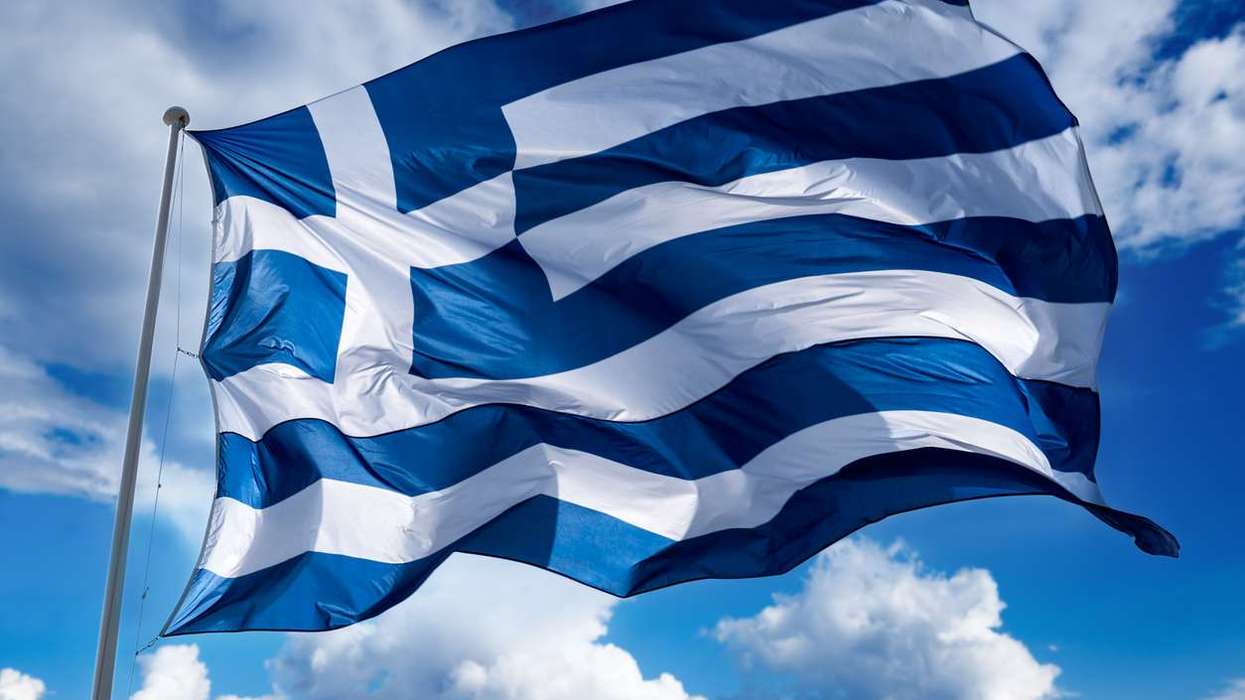In 2017 released a film titled Call For Fun which was directed by Janak Toprani. It starred newcomers and didn’t create any buzz at the box office. Now, Toprani has claimed that Dream Girl is similar to his movie Call For Fun.
While talking to a tabloid, Toprani stated that he had approached Balaji Motion Pictures with his script twice, but they had rejected it. "After they let go of the project, I got a financier and (made) the movie last year," he added. Toprani further said that Balaji’s head-honcho, Ekta Kapoor was not a part of the meeting he had with the production house.
A friend of the filmmaker told him about the similarities between the two films. Toprani said, "After the trailer released, we took a week to consult a few lawyers. Then, I tried to call Nachiket Pantvaidya [CEO, Balaji] but he did not answer my call. If Dream Girl is similar to my film, I will file a legal case. I want credit as the writer and royalty rights."
When the tabloid contacted Raaj Shaandilyaa, the director of Dream Girl, the filmmaker said, "The idea belongs to me and my co-writer since 2010. We have also registered it. If the concerned director's film was not commercially successful, why would anybody replicate his idea?"
Dream Girl stars Ayushmann Khurrana and Nushrat Bharucha in the lead roles. In the film, Ayushmann starts working in a call centre where he talks to people in a female voice with the name Pooja. The film is slated to hit the screens on 13th September 2019 and the trailer and the songs of the movie have created a good pre-release buzz. It is expected to take a good start at the box office. However, we wonder if after the release it will face any kind of legal issues.



